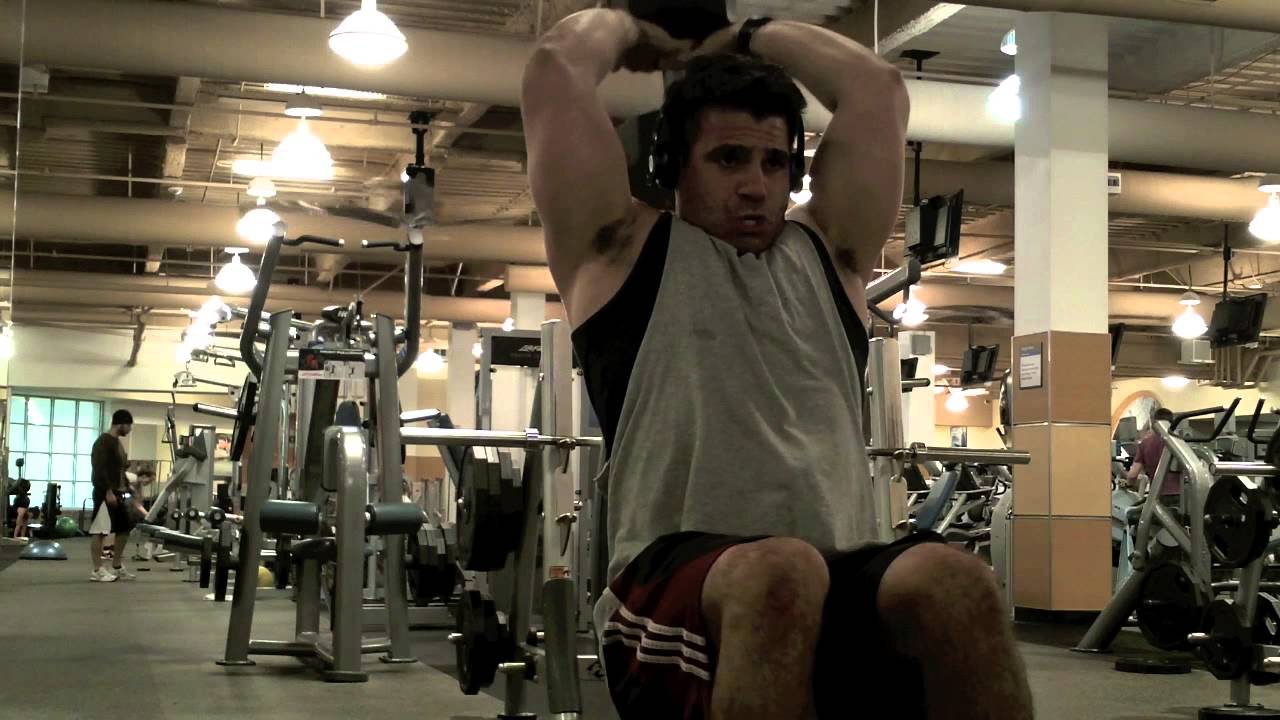Are You Overtraining Your Abs?
Most bodybuilders are striving for the much-coveted “six-pack” ab look. As a result, they devote extra attention to training their abdominal area. However, in their zeal to attain the six-pack look, some bodybuilders overtrain their abdominal muscles.
Bodybuilders can overtrain their ab muscles just as they can their other bodypart muscles. A muscle becomes overtrained when its nervous system, muscle fibers, hormone systems metabolic systems are overstressed to the state where they do not function at optimum levels. When overtraining occurs, muscle growth stops.
Overtraining increases the release of Cortisol, a catabolic hormone, and decreases the release of Testosterone and HGH, both anabolic hormones. Continued overtraining of the muscle can result in a reduction in strength, energy and muscle size.
One or more of the following symptoms will occur if you’re overtraining your abs:
1. Your abs are always sore.
2. You have difficulty increasing repetitions and/or adding resistance
3. It’s more difficult to complete your previous numbers of exercises, sets, and repetitions.
Your abdominal muscles can become overtrained by one or more of the following causes:
1. Training the abdominals every day
2. Insufficient rest and recovery between abdominal workouts
3. Training to “total failure” on too many sets and exercises
4. Performing too many abdominal exercises, sets, and repetitions
To prevent the overtraining of your abs you need to understand how to train them properly. The abdominal muscles are no different from your other bodypart muscles. Therefore, the abdominal muscles should be trained in the same manner as the other bodypart muscles, using the following abdominal workout guidelines:
1. Schedule 2-3 ab workouts per week with at least one day of rest between workouts.
2. Employ on 2-3 exercises per workout, using 2-4 sets per exercise.
3. Train within the 8-20 repetition range.
4. Train to “near-failure” and avoid taking each set to “total failure”.
5. Only add extra resistance if strict form and proper technique is maintained.
Don’t fall victim to the “hype” and “misconceptions” that linger about abdominal training. Use the same workout guidelines for your ab training as you would for other bodypart muscles. Follow the five guidelines above, “listen to your body” and make appropriate corrections in your abdominal training. If you do that, then your risk of overtraining your abdominal muscles will be greatly reduced.
Are You Overtraining Your Abs? by Jeffry Robinson




